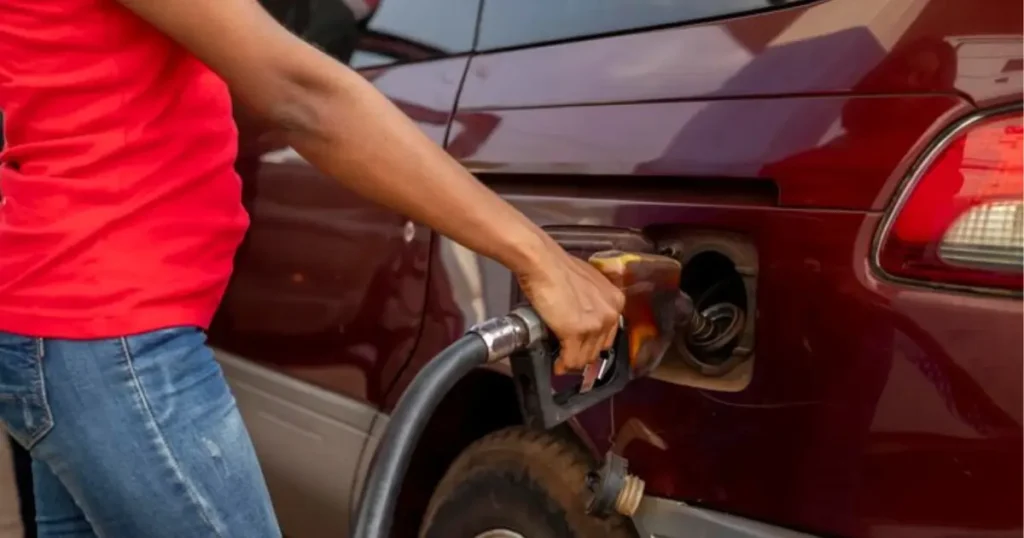Surprisingly, modern fuel-injected cars use very little gasoline to start. It only takes around 1-2 milliliters of fuel to get the engine going. This amount is so small because fuel injection systems are designed to precisely deliver the right fuel-air mixture for a quick and efficient start. Keep in mind that older cars with carburetors and larger engines may use slightly more fuel during the starting process.

Factors that Can Influence Your “Start-Up” Fuel Usage
Engine Temperature:
Cold starts might use a tiny bit more fuel as the engine needs to reach operating temperature.
Battery Condition:
A weak battery causes your starter motor to work harder, potentially drawing more power and indirectly increasing fuel usage.
Engine Health:
A well-maintained engine will ignite quickly and efficiently.
Overview of Starting a Car
Starting a car seems like a simple task, but it involves several components working together seamlessly. When you turn the ignition key or press the start button, the engine goes through a series of steps to ignite and begin running. This process requires fuel to power the engine and get it started.
Fuel Consumption During Start-up

When you start a car, a small amount of fuel is injected into the engine’s cylinders. This initial injection is necessary to initiate combustion and start the engine running. The amount of fuel used during start-up is relatively minimal compared to what is consumed while the engine is running, but it is still a factor to consider, especially in terms of fuel efficiency.
Factors Affecting Fuel Usage During Start-up
Several factors can influence the amount of fuel used during start-up. One such factor is the engine temperature. In colder temperatures, more fuel may be required to start the engine due to the denser air and colder engine components. Additionally, the efficiency of the ignition system and the design of the fuel injection system can impact fuel usage during start-up.
Comparison with Running Fuel Consumption
While the fuel consumed during start-up is relatively small compared to running fuel consumption, it is still a part of the overall fuel usage of a vehicle. The fuel consumed during start-up is typically a one-time occurrence each time the car is started, whereas running fuel consumption varies depending on driving conditions, speed, and engine load.
Strategies to Minimize Fuel Consumption During Start-up
To minimize fuel consumption during start-up, there are several strategies that drivers can employ. Proper maintenance of the ignition system, including spark plugs and ignition coils, can ensure efficient ignition and combustion, reducing the amount of fuel needed to start the engine.
Understanding how much gas is used to start a car :
How much gas is used to start a car is important for optimizing fuel efficiency and reducing environmental impact. By implementing strategies to minimize fuel consumption during start-up and throughout the vehicle’s operation, drivers can contribute to overall fuel efficiency and sustainability.
